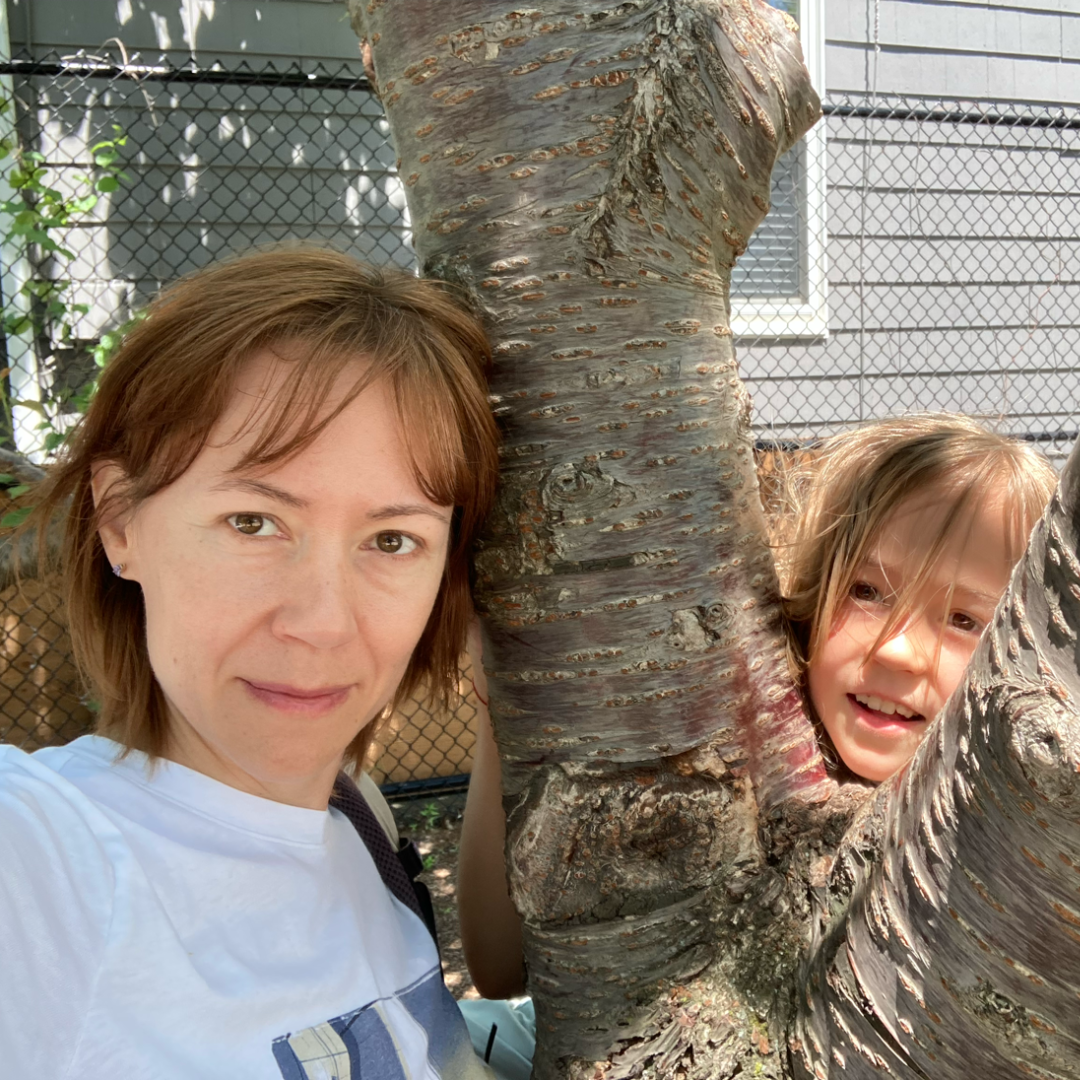Author: Source Read more
Novela Reis Capítulo 72 Completo HD
Kelvin Miranda opens up about his mental disorder | PEP Live Choice Cuts
He made it public so his fans would understand how it is to live with a mental disorder.
#mentalhealth #mentalhealthawareness #bipolar
Interviewer: Nikko Tuazon & FK Bravo
Director: Rommel Llanes
Editor: Khym Manalo
Subscribe to our YouTube channel! https://www.youtube.com/PEPMediabox
Know the latest in showbiz on http://www.pep.ph
Follow us!
Instagram: https://www.instagram.com/pepalerts/
Facebook: https://www.facebook.com/PEPalerts
Twitter: https://twitter.com/pepalerts
Visit our DailyMotion channel! https://www.dailymotion.com/PEPalerts
Join us on Viber: https://bit.ly/PEPonViber
Watch us on Kumu: pep.ph
Moodle 4.1 release update
Dear all,
We’re rapidly approaching MoodleMoot Global 2022! Moodle 4.1 is scheduled for release in November, not long after the Moot.
As part of our roadmap we have a number of exciting things in the pipeline for this release. Please find a summary of the main improvements below, together with key dates for our release timeline.
UX enhancements
- Database activity – this is an MUA supported project which brings improvements to the database activity for both learners and educators. New presets and enhanced management of presets will make the database activity easier to use.
- Gradebook improvements – commencing with UX improvements to gradebook navigation, the user report and single view reports will be enhanced to make them easier to use. Further work on gradebook is planned for following releases.
Integrations
- Ability to share Moodle LMS course content directly to MoodleNet – you could already push MoodleNet content to your Moodle site and with these improvements it will be possible to share your Moodle course content directly with MoodleNet.
- Various improvements to the BBB integration – following the initial integration of the BBB plugin in Moodle 4.0 the BBB team is working on a number of improvements including the ability to invite external guests to BBB sessions.
- Introduction of Tiny MCE 6 as HTML editor next to Atto – in Moodle 4.1 we are adding TinyMCE 6 as an additional editor next to the existing Atto editor. TinyMCE is well supported and will transition to become the Atto replacement in following releases.
And more!
- Numerous accessibility improvements – Moodle is committed to delivering an inclusive and accessible LMS to all. We are currently working on a number of accessibility improvements which will also be backported to Moodle 4.0. Upon completion Moodle 4.0 will be WCAG 2.1 AA accredited and we will ensure Moodle 4.1 receives the same accreditation.
- Question and Questionbank improvements – this community initiative is continuing with the question bank improvements that commenced in Moodle 4.0. Making the question bank more powerful and ultimately into a course activity.
- Additional reports for Report Builder – in Moodle 4.0 we introduced the WP report builder into LMS and added several system and custom reports. This work is being continued for Moodle 4.1 with additional report sources being added.
We will be commencing our release process and enter code freeze on October 17th. After this date no new code will be accepted as we move to beta stage by October 24th to commence our QA cycle. The Moodle 4.1 release is scheduled for November 28th.
Drupal Association blog: Meet the 2022-2023 Discover Drupal Student Cohort!
Discover Drupal’s second program year has gotten off to a great start. We’ve welcomed eight incredible students, and we are so excited to help support them in their Drupal journeys. Classes began this week for Drupal Career Online, and next week for Evolving Web, so we thought this would be the perfect time to introduce you to them!
Cindy L. Garcia (she/her) |
|
What does being a Discover Drupal student mean to you? “Being a Discover Drupal student would help me further explore web technologies and reach my goal of becoming a full stack developer.” What are you most excited about in the program? “What excites me the most about the program is going to DrupalCon 2023 and connecting with other Drupal developers in the community.” |
Anastasiya Kazakova (she/her) |
|
She has always dreamed of working on projects where art and technology merge. She wants to work on making art more interactive and accessible and technology more ergonomic, accessible, and human-friendly. She is inspired by exhibits such as Gustav Klimt: The Immersive Experience and Gestural interfaces (Blue Cadet). She enjoys hiking, nature, yoga, and sketching. What does being a Discover Drupal student mean to you? “Discover Drupal means an opportunity for me to move deeper into development, understanding the building blocks of a compelling and community-strong technology.” What are you most excited about in the program? “Moving forward professionally and achieving my dreams.” |
AV Lee-A-Yong (ze/hir) |
|
What does being a Discover Drupal student mean to you? “Being a Discover Drupal student means that I am able to get a chance to start a new career, to find a new community, and to learn new skills along the way.” What are you most excited about in the program? “I am most excited to enter into the Drupal community with a support network through this program, and to learn and grow alongside my cohort members!” |
Selvin Sahn (he/him) |
|
What does being a Discover Drupal student mean to you? “Being a Discover Drupal student means a lot to me. It means I am given the opportunity to learn advanced skills in Drupal, one of the world’s largest CMS ecosystems. It means working hard to learn and become good at what I am learning.” What are you most excited about in the program? “I am most excited about the diversity. I am also excited about the 1-on-1 mentor and of course the program itself–learning Drupal.” |
Haroms Terfassa (he/him) |
|
What does being a Discover Drupal student mean to you? “Being a Discover Drupal student to me means someone who is eager to learn and ready to build the skills needed to traverse through the tech industry.” What are you most excited about in the program? “I’m excited to acquire more knowledge about web building and creating new relationships here at Drupal!” |
Brigitte Ayerves Valderas (she/her) |
|
What does being a Discover Drupal student mean to you? “I am excited about the Discover Drupal program because it means an opportunity to be more active in digital environments. I’ve worked on so many Enterprise websites I finally get to master the one that I come across the most: Drupal.” What are you most excited about in the program? “Learning Drupal, the Drupal community, and participating in community events.” |
Ajani Walden (he/they) |
|
What does being a Discover Drupal student mean to you? “It means I have a chance to learn something new and exciting. This program can change my life. I look forward to this next journey of life as a student.” What are you most excited about in the program? “Building a website and learning about new technology.” |
Thank you so much to all of our students for their trust, vulnerability, and commitment. We hope you will join us in celebrating them and supporting their growth and success in Drupal!
* Public features of our Discover Drupal students are voluntary, and not a requirement to participate in the program. Not all students consent to being featured publicly, and we respect our students’ right to privacy. *
Method Parameters and Arguments
OpenBSD may soon gain further memory protections: immutable userland mappings
tech@ titled immutable userland mappings, Theo de Raadt (deraadt@) gave us a preview of code that may soon land in -current. The message leads in,
In the last few years, I have been improving the strictness of userland memory layout. An example is the recent addition of MAP_STACK and msyscall(). The first one marks pages that are stack, so that upon entry to the kernel we can check if the stack-pointer is pointing in the stack range. If it isn't, the most obvious conclusion is that a ROP pivot has occured, and we kills the process. The second one marks the region which contains syscall traps, if upon entry to the kernel the PC is not in that region, we know somone is trying to do system calls via an unapproved method.
Addressing Cybersecurity Challenges in Open Source Software: What you need to know
 by Ashwin Ramaswami June 2022 saw the publication of Addressing Cybersecurity Challenges in Open Source Software, a joint research initiative launched by the Open Source Security Foundation in collaboration with Linux Foundation Research and Snyk. The research dives into security concerns in the open source ecosystem. If you haven’t read it, this article will give
by Ashwin Ramaswami June 2022 saw the publication of Addressing Cybersecurity Challenges in Open Source Software, a joint research initiative launched by the Open Source Security Foundation in collaboration with Linux Foundation Research and Snyk. The research dives into security concerns in the open source ecosystem. If you haven’t read it, this article will give
The post Addressing Cybersecurity Challenges in Open Source Software: What you need to know appeared first on Linux Foundation.
The post Addressing Cybersecurity Challenges in Open Source Software: What you need to know appeared first on Linux.com.

 Cindy is from Miami, FL. She is a WordPress web developer. Her Drupal ID is
Cindy is from Miami, FL. She is a WordPress web developer. Her Drupal ID is  Anastasiya lives in Medford, Massachusetts, with her 8-year-old daughter. She is originally from Moscow, Russia. She has worked as a multimedia designer at Tufts University for the last few years. She received a BS in Business Management from Moscow Open State University in Russia and a Master of Science in Digital Design from Philadelphia University. Over the years, she has worked on various projects, including digital and graphical story-telling, newsletter design, event photography, and media presentations. The atmosphere of learning, sharing knowledge, and researching has always inspired her.
Anastasiya lives in Medford, Massachusetts, with her 8-year-old daughter. She is originally from Moscow, Russia. She has worked as a multimedia designer at Tufts University for the last few years. She received a BS in Business Management from Moscow Open State University in Russia and a Master of Science in Digital Design from Philadelphia University. Over the years, she has worked on various projects, including digital and graphical story-telling, newsletter design, event photography, and media presentations. The atmosphere of learning, sharing knowledge, and researching has always inspired her. Originally from Miami, FL, AV is currently based in Philadelphia, working in the nonprofit sector. A recent graduate from Swarthmore College, ze majored in Peace and Conflict Studies, with minors in Psychology and Gender & Sexuality Studies. In hir free time, AV loves to play video games, cook Trini food, and play with hir dog, Kirk. AV’s favorite piece of technology to date is the James Webb telescope!
Originally from Miami, FL, AV is currently based in Philadelphia, working in the nonprofit sector. A recent graduate from Swarthmore College, ze majored in Peace and Conflict Studies, with minors in Psychology and Gender & Sexuality Studies. In hir free time, AV loves to play video games, cook Trini food, and play with hir dog, Kirk. AV’s favorite piece of technology to date is the James Webb telescope! Selvin is currently based in the Twin Cities and his goals are to learn every bit about Drupal in this program, become a good Drupal developer, and share his knowledge by contributing to the Drupal community. He is a software engineer who loves to embrace emerging technologies. If he is not playing soccer or video games with friends in his free time, he will be biking or making some delicious dishes or looking over some tech stuff. His favorite piece of technology has always been the iPhone–just can’t stop loving the sleek design and lovely features.
Selvin is currently based in the Twin Cities and his goals are to learn every bit about Drupal in this program, become a good Drupal developer, and share his knowledge by contributing to the Drupal community. He is a software engineer who loves to embrace emerging technologies. If he is not playing soccer or video games with friends in his free time, he will be biking or making some delicious dishes or looking over some tech stuff. His favorite piece of technology has always been the iPhone–just can’t stop loving the sleek design and lovely features. Haroms is from Burnsville MN and one of his goals is to be able to secure a full time job after finishing the program. He would also like to establish long lasting connections within the program. His professional background includes working at Chick-fil-A from 2018 – 2019 and Domino’s from 2021 – present time. He likes to video edit and play video games. He also loves to spend time with family and friends. Being Oromo is an important identity of his as he was raised to always be proud to be who he is. His favorite piece of technology would have to be the Quest 2 because of how well it can run without needing a computer for support.
Haroms is from Burnsville MN and one of his goals is to be able to secure a full time job after finishing the program. He would also like to establish long lasting connections within the program. His professional background includes working at Chick-fil-A from 2018 – 2019 and Domino’s from 2021 – present time. He likes to video edit and play video games. He also loves to spend time with family and friends. Being Oromo is an important identity of his as he was raised to always be proud to be who he is. His favorite piece of technology would have to be the Quest 2 because of how well it can run without needing a computer for support. Brigitte Ayerves Valderas is from Columbia, Maryland. She’s making a career transition into web development after working for several years in the fields of communications and marketing. She has worked mostly in the industries of technology, healthcare, and education improving website content and the user experience, developing communication and marketing strategies, and writing, producing and reporting local, national, and international news. When she’s not working she loves to read, travel, hike, and spend time with loved ones. Her favorite piece of technology is her smartwatch because it helps her to stay fit and track her routines.
Brigitte Ayerves Valderas is from Columbia, Maryland. She’s making a career transition into web development after working for several years in the fields of communications and marketing. She has worked mostly in the industries of technology, healthcare, and education improving website content and the user experience, developing communication and marketing strategies, and writing, producing and reporting local, national, and international news. When she’s not working she loves to read, travel, hike, and spend time with loved ones. Her favorite piece of technology is her smartwatch because it helps her to stay fit and track her routines. Ajani is a Social & Communications Coordinator from Brooklyn, NY. He’s a Black, Queer, Trans advocate and tech enthusiast. He loves sharks, tech, and helping others. His professional background has been working in the non-profit sector for the last 10 years. He hopes to bring those skills over to the tech industry. His favorite piece of tech would be his cell phone.
Ajani is a Social & Communications Coordinator from Brooklyn, NY. He’s a Black, Queer, Trans advocate and tech enthusiast. He loves sharks, tech, and helping others. His professional background has been working in the non-profit sector for the last 10 years. He hopes to bring those skills over to the tech industry. His favorite piece of tech would be his cell phone.